Periodontics
Trust IDSs for Your Gum Health
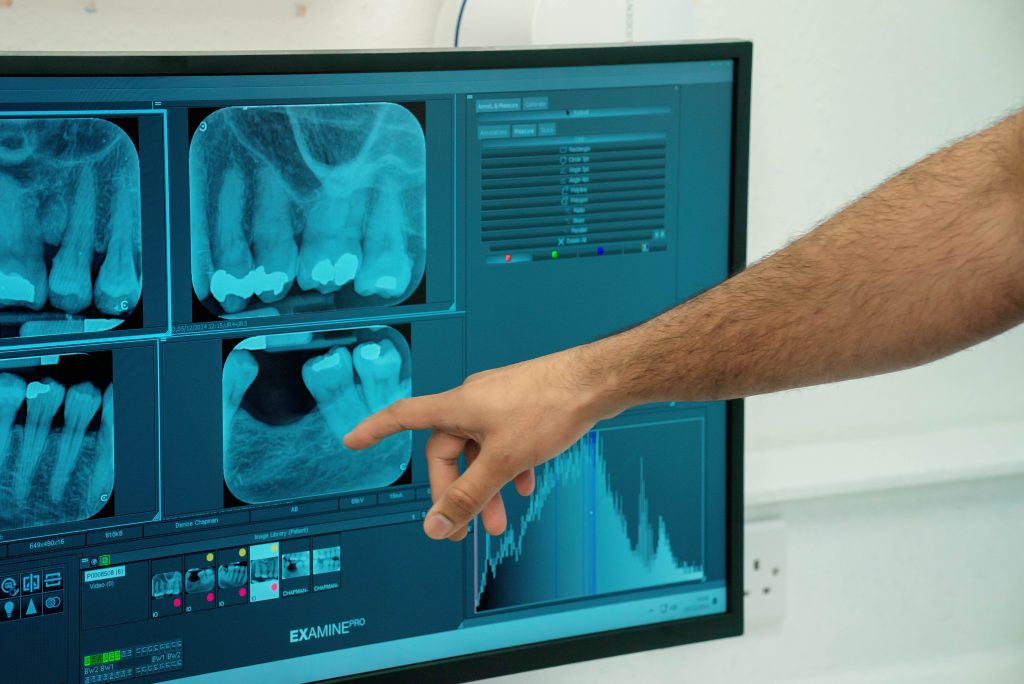
Periodontics
Keeping gums healthy is important for overall health and quality of life. Untreated gum disease treatments can lead to abscess formation and tooth loss. It can potentially also affect wider health. At IDS, we offer complete and comprehensive gum care treatments to keep your gums strong and prevent disease inception or progression.
Understanding Gum Disease
Gingivitis:
Early-stage gum disease, marked by red, swollen, and bleeding gums. It is reversible with professional treatment and proper oral hygiene.
Periodontitis:
Advanced gum disease where the gums recede, forming infected pockets. Left untreated, this can lead to bone and tooth loss.
Signs of Gum Disease
-
Red, swollen, or tender gums
-
Bleeding while brushing or flossing
-
Bad breath or bad taste
-
Receding gums or teeth that appear longer
-
Loose or shifting teeth
-
Pain when chewing
Importance of Regular Gum Care
Prevent Gum Disease:
Early treatment stops gingivitis from progressing to periodontitis.
Maintain Fresh Breath:
Reducing bacteria buildup eliminates one possible cause of bad breath.
Protect Your Teeth:
Healthy gums hold teeth in place, reducing the risk of tooth loss.
Support Overall Health:
Gum disease is linked to heart disease, diabetes, and respiratory issues.
Specialist Periodontal Care by Dr Biller
Our Gum Care Services
Professional Cleanings:
Regular scaling and polishing to remove plaque and tartar buildup that can’t be removed through daily brushing.
Deep Cleaning (Gum disease treatment):
For patients with gum disease, this intensive cleaning removes plaque from tooth roots and smooths the surfaces to promote gum healing.
Gum Surgery:
For advanced gum disease, surgical interventions bone grafting or removal of infective tissue to allow for further repair.
Periodontal Maintenance:
Ongoing care to prevent the recurrence of gum disease in patients with a history of the condition.
Meet Dr. Alex Biller - Specialist Periodontist
Client Results
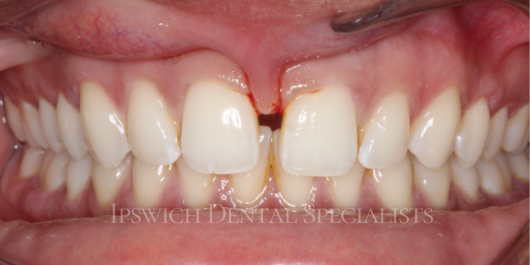
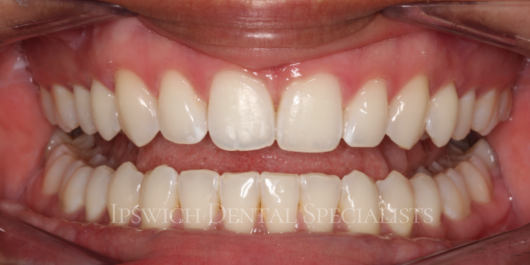
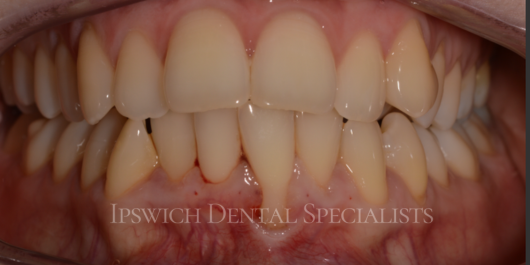
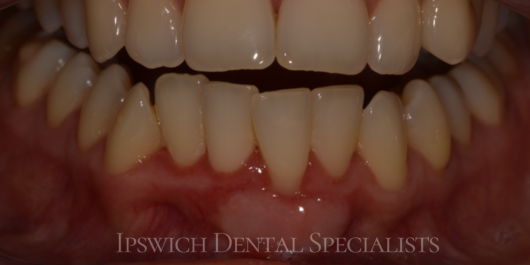
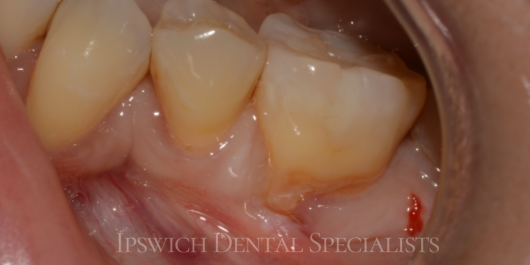
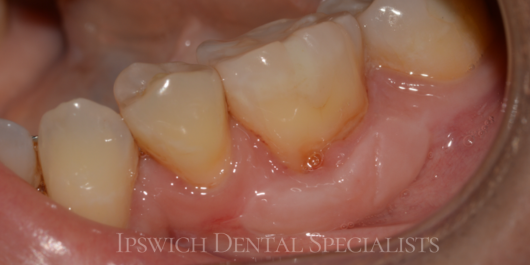
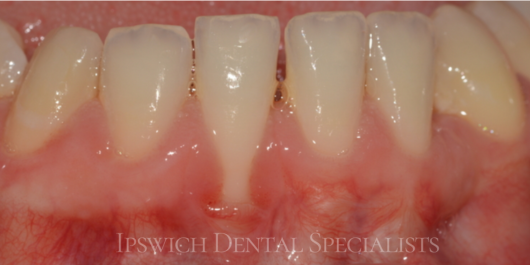
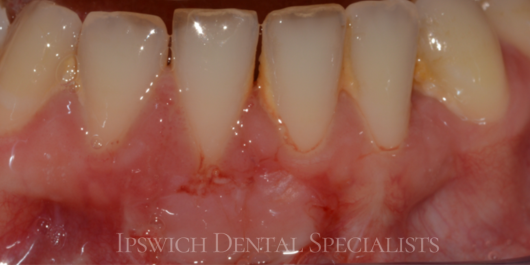
Frequently Asked Questions About Periodontics
This is done as part of normal dental check ups. The frequency of which depends on your individual risk. For most patients this is every six months, sometimes it’s three monthly if you are high risk. This includes people who have a history of gum disease.
Gingivitis is reversible, sometimes periodontitis is reversible but other times periodontitis can only be managed and not fully reversed.
Brush and floss daily, visit your dentist regularly, avoid smoking, and maintain a balanced diet.
We prioritise patient comfort using local anesthesia or sedation to minimise discomfort.
If you experience symptoms like bleeding gums, bad breath, receding gums, or loose teeth, it’s time to consult a periodontist.

